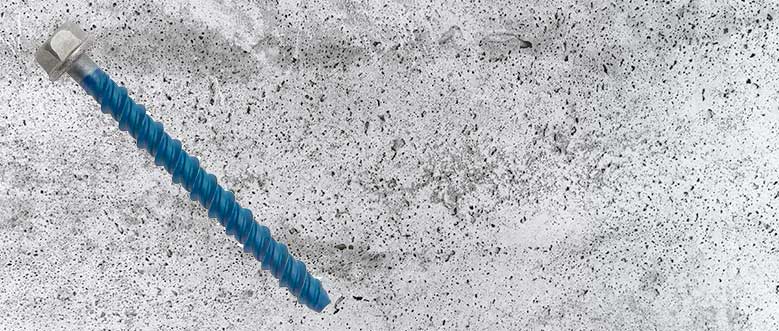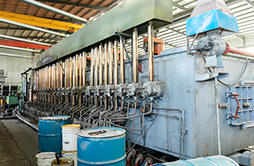bolts for pergola
Feb . 15, 2025 20:04 Back to list
bolts for pergola
Choosing the right bolts for a pergola is an essential element in ensuring the durability, safety, and aesthetic appeal of your outdoor structure. Whether you're a seasoned builder or an enthusiastic DIYer, understanding the nuances of selecting the appropriate fastening hardware will significantly enhance your project. This article delves into the vital aspects of pergola bolts and provides insights drawn from real-world experiences, expert consultations, and industry standards.
From an experiential perspective, maintenance plays a crucial role in prolonging the life of your pergola. Regular checks for any signs of rust, wood decay around bolt areas, or loosening of bolts can make all the difference. Investing in high-quality, weather-resistant fasteners can significantly reduce long-term maintenance needs and provide peace of mind. Expertise in choosing pergola bolts is corroborated by consultation with architectural engineers and seasoned builders. Discussions with these professionals emphasize the importance of adhering to local building codes and regulations, which often provide specific guidelines regarding bolt types and sizes. Consulting these codes ensures compliance and enhances the safety and reliability of your structure. Incorporating insights from authoritative sources like industry standards publications can further bolster the reliability of your choices. These resources often provide detailed comparisons and testing results of different bolt materials and types, giving a comprehensive evaluation of performance under varied conditions. Leveraging this information can elevate the quality of your pergola construction project. Trustworthiness in this context stems from transparency in the products you choose; sourcing bolts from reputable manufacturers with clear, verifiable quality certifications is paramount. Reading reviews and testimonials from other pergola builders can provide valuable insights into the user experience with specific bolt brands. Consistently, the brands that prioritize robust testing and customer satisfaction emerge as trusted leaders in the market. In conclusion, selecting the appropriate bolts for a pergola involves a nuanced consideration of material compatibility, environmental factors, bolt specifications, installation practices, and maintenance regimes. By drawing on a blend of personal experiences, expert advice, authoritative guidelines, and reliable sources, you can not only optimize the safety and longevity of your pergola but also enhance its aesthetic value and structural integrity.


From an experiential perspective, maintenance plays a crucial role in prolonging the life of your pergola. Regular checks for any signs of rust, wood decay around bolt areas, or loosening of bolts can make all the difference. Investing in high-quality, weather-resistant fasteners can significantly reduce long-term maintenance needs and provide peace of mind. Expertise in choosing pergola bolts is corroborated by consultation with architectural engineers and seasoned builders. Discussions with these professionals emphasize the importance of adhering to local building codes and regulations, which often provide specific guidelines regarding bolt types and sizes. Consulting these codes ensures compliance and enhances the safety and reliability of your structure. Incorporating insights from authoritative sources like industry standards publications can further bolster the reliability of your choices. These resources often provide detailed comparisons and testing results of different bolt materials and types, giving a comprehensive evaluation of performance under varied conditions. Leveraging this information can elevate the quality of your pergola construction project. Trustworthiness in this context stems from transparency in the products you choose; sourcing bolts from reputable manufacturers with clear, verifiable quality certifications is paramount. Reading reviews and testimonials from other pergola builders can provide valuable insights into the user experience with specific bolt brands. Consistently, the brands that prioritize robust testing and customer satisfaction emerge as trusted leaders in the market. In conclusion, selecting the appropriate bolts for a pergola involves a nuanced consideration of material compatibility, environmental factors, bolt specifications, installation practices, and maintenance regimes. By drawing on a blend of personal experiences, expert advice, authoritative guidelines, and reliable sources, you can not only optimize the safety and longevity of your pergola but also enhance its aesthetic value and structural integrity.
Next:
Latest news
-
High-Quality Panel Stud Bolt Reliable Panel Stud Bolt Factory & Suppliers
NewsJul.08,2025
-
High-Precision Fine Thread Locknuts Manufacturer & Supplier Custom Solutions
NewsJul.08,2025
-
PH Imperial Stud Bolt – High Strength Fasteners from Leading Supplier & Factory
NewsJul.07,2025
-
High-Quality Allen Wrench Bolts Leading Factory, Company & Suppliers
NewsJul.07,2025
-
Wholesale Ball Stud Bolt - High Quality Supplier & Factory Price Reliable Wholesale Ball Stud Bolt Company
NewsJul.06,2025
-
High-Strength Alloy Bolts Manufacturer & Supplier Quality Alloy Fasteners Factory
NewsJul.06,2025
